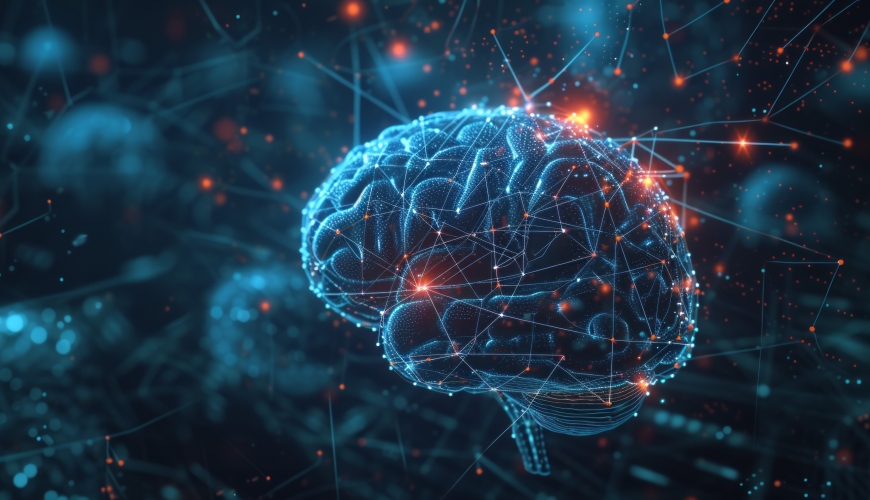Neurotechnology and Human Rights

What is neurotechnology?
Neurotechnologies are devices and procedures which can access, monitor, record or manipulate brain data. The technology is either non-implantable (in a wearable form) or implantable via medical procedure.
This is done via a brain computer interface (BCI) which connects the brain to an external device (e.g. smartphone, computer). BCIs facilitate bi-directional communication between the brain and an external device – either transmitting neural data or possibly altering neural activity.
Human rights risks
Although neurotechnologies may be beneficial, if not develop and deployed ethically - human rights risks will occur. In particular the rights to privacy, non-discrimination and freedom of thought may be unduly impacted.
The right to privacy is protected under article 17 of the International Covenant on Civil and Political Rights (ICCPR). Because neurotechnologies can collect sensitive neural information, there is a significant risk to privacy.
Article 18 of the ICCPR protects the right to freedom of thought, yet thought processes may be manipulated by neurotechnology.
The right to non-discrimination is protected under articles 2 and 25 of the Universal Declaration of Human Rights. If safeguards are not in place, the technology could develop biases which unduly impact certain groups.
Our aim
The aim of the Neurotechnology and Human Rights Project is to map the existing human rights risks, raise awareness and provide concrete steps on how to develop and deploy this technology with human rights at the forefront.
This consultative work began in 2022 and will continue as the Australian Human Rights Commission (Commission) advances the protection of human rights as it intersects with technology.
The Commission has convened an Expert Advisory Group on Neurotechnology, chaired by Dr Alan Finkel AC, Australia's former Chief Scientist. The Expert Advisory Group includes specialist advisors from regulatory bodies, the legal sector and academia.
Protecting cognition
The Commission's Protecting Cognition: Background Paper on Neurotechnology and Human Rights (Background Paper) was an important first step in highlighting the human rights challenges in this space.
Informed by a consultative process, the Background Paper draws attention to the emerging risks associated with neurotechnology and signals how the Australian regulatory landscape might respond.
Symposium
Later this year the Commission will be hosting a symposium on neurotechnology and human rights to discuss both the Background Paper and how Australia can better respond to the advance of neurotechnologies.
